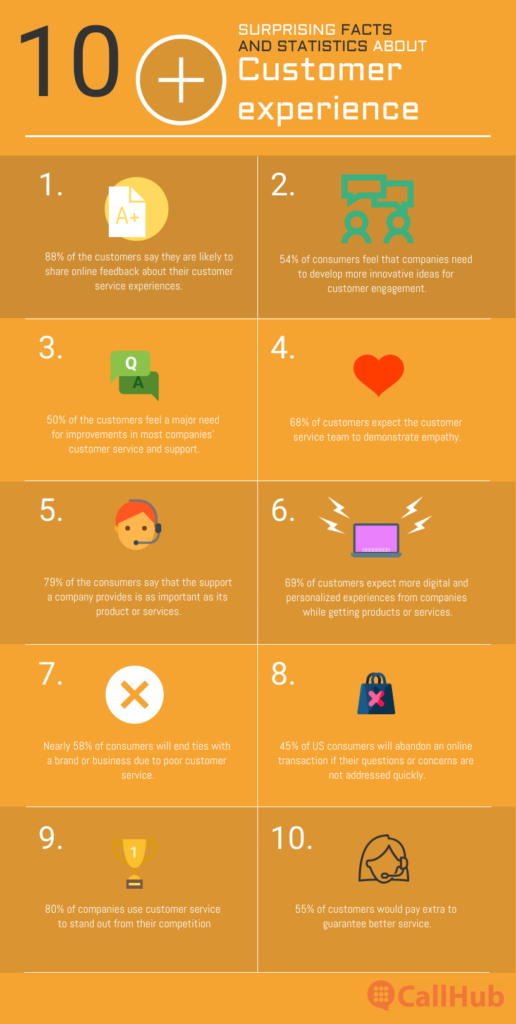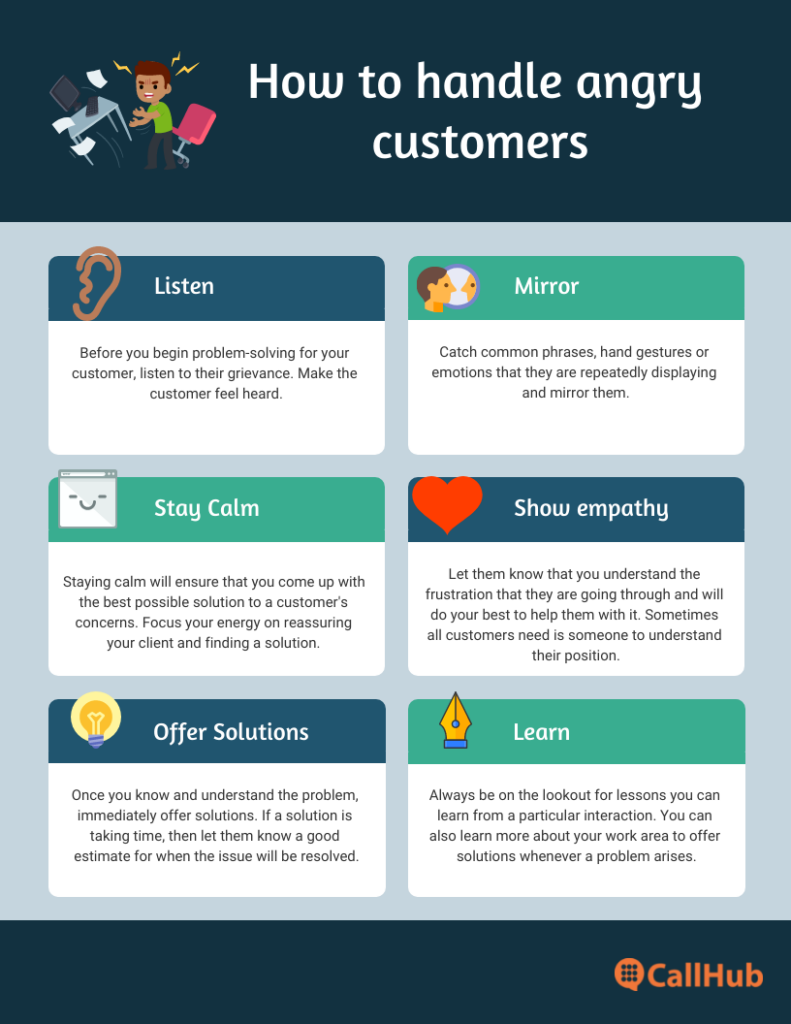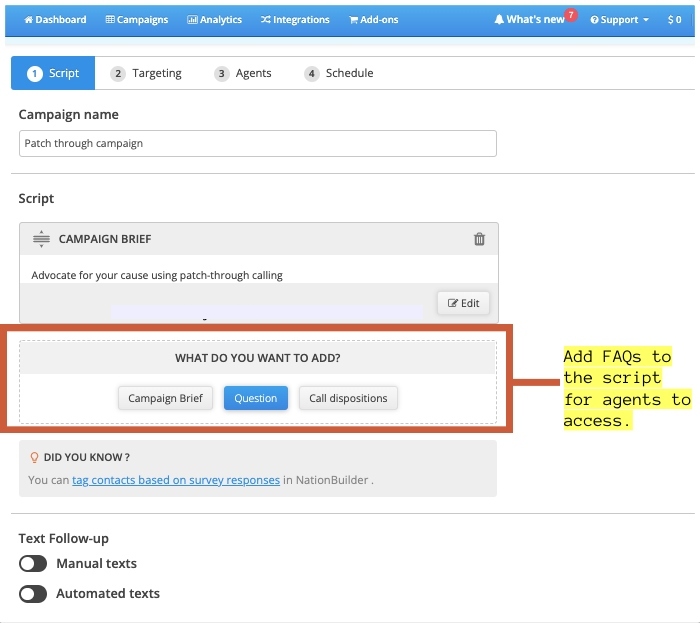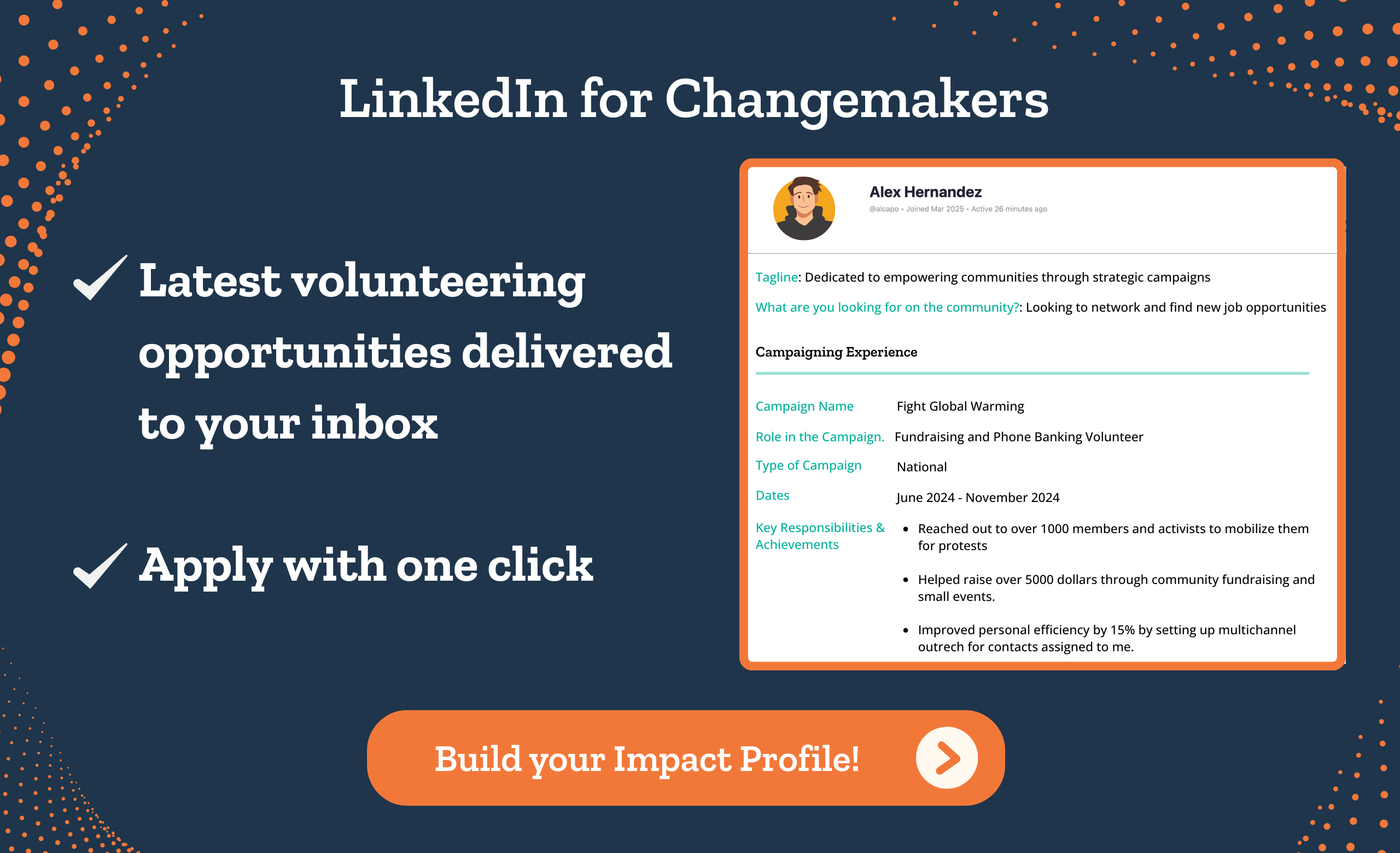Table of Contents
Call center communication skills are extremely important for your calling agents. After all, having a great call center agent is as important as having the right call center software – it always leads to improved results.
An agent with good communication skills can:
- Establish a connection with the caller.
- Build quality relationships.
- Achieve the results you are hoping for.
However, communicating in a professional setting is not as easy as talking in an informal setting, where you do not have to worry about saying the wrong thing or not knowing the answer to a question. Call center agents must be well versed in what they need to say and how to say it.
While answering a call, the agent has to sound alert, confident, and friendly, setting the tone for the entire conversation.
Let’s look at a few things an agent can do to become a great communicator.
Effective call center communication skills for agents
Call center communication skills are important to help your agents resolve your customer queries. It largely affects how people see your brand/organization and its impact on future customers. It can inform buying decisions and influence the reviews that your customers leave you with.
Nowadays, customers have high expectations of businesses and the services they provide, and these statistics show you how:

These statistics highlight an immediate need to improve call center communication skills and train your agents for–
- Increased customer satisfaction.
- Better reviews.
- Higher sales.
Read on to learn more about how you can improve your team’s communication skills.
Talk less, Listen more
Active listening is the key to a fruitful conversation. Even if most callers complain about the same issue, agents need to lend an ear to it.
Do not interrupt even if you know where the conversation is heading. Agents must understand the problem from the caller’s point of view and not their own. Pay attention to the tone and emotion in the caller’s voice.
Here are a few tips you can follow to improve listening skills:
- Build a strong relationship with the caller by allowing him to open up.
- Avoid interrupting when the other person is speaking.
- Try to learn about the caller’s opinions, desires, and needs.
- Listen to call recordings to develop better skills.
- Identify barriers (excessive talking, prejudice, interrupting) to listening and overcome them.
- Avoid the “I know what he will say” attitude.
- Use agents with good listening behavior as models.
Use mirroring
To build rapport with the caller; agents can try mirroring, where the agent tries to mimic the caller’s tone and vocabulary.
For example, if the caller’s voice has a sense of urgency, the agent should respond in the same manner. This tells the caller that the agent is not apathetic to their cause.
This table has a few handy responses for you:
| What the customer says/how they behave | How do you mirror |
| On a video call, the customer is using a lot of hand gestures while talking. | Subtly ‘mirror’ or copy their hand gestures to build a connection subconsciously. We emphasize subtlety so that the customer does not catch what you are doing. |
| The customer uses a few ‘hook’ words or repeats the same kind of words or phrases. For example, “this is very frustrating” | This is where your active listening kicks in. Listen carefully for words or phrases the customer is repeating, and use them while answering. For example, “I know this is very frustrating, but here’s what I can help you with..” |
| Customer sounds like they’re in a hurry, or they sound like they want to take their time understanding the issue. | If you go slowly with the first or rush through with the second type of customer, both will feel annoyed. Mirror their energy and go quickly with those who want quick resolutions and vice versa. |
Read Next: How Nonprofits Can Take Advantage of Text From Call Center
Learn to deal with angry customers
While talking to angry callers; agents must dissociate from what the caller is saying and stay focused on resolving the issue. Agents must know how to be right without telling callers they are wrong. Listening and asking appropriate questions is an excellent way to reach the root of a problem.
Agents must sound empathetic while dealing with disappointed callers. Empathy helps a caller feel understood, and the agent does not come across as condescending. Agents can use phrases like: “I can understand why you are frustrated.” or “You have every right to be upset.” Remember to be sincere.

Agents can:
- Be assertive communicators, listening to problems and offering a compromise without being walked all over.
- Be courteous; use ‘thank you,’ ‘please,’ and ‘you’re welcome.’
- Avoid negative language. Replace words like: ‘can’t,’ ‘not,’ and ‘no’ with positive words like ‘can,’ ‘able,’ and ‘yes.’
- Keep a calm and soothing tone. This works to your advantage while dealing with difficult and angry callers, making it easy to communicate with them.
Read Next: The Complete Call Center Software Buyer’s Guide: What to Look Out For
Asking questions and knowing what to avoid
An important call center communication skill is to ask appropriate questions to get the information needed to resolve the issue. Always ask questions that lead to clarity as quickly as possible.
One way to make this easy for both agents and customers is for managers to provide an FAQ list before the call begins. CallHub’s contact center software allows companies to add a script, FAQ list, and a set of questions when starting a calling campaign. This can act as an easy reference for your agents.

CallHub’s software allows you to add FAQs when creating a campaign.
Be up-to-date about a customer’s concerns.
There is nothing worse than repeatedly calling a call center to resolve an issue. Oh wait, there is– explaining your problem repeatedly to contact center agents every time you give them a call.
You can easily avoid this issue by staying updated with notes from previous calls with the customer. Using call center software such as CallHub will help you add notes and call dispositions at the end of each call. The next time a customer calls back, or you call a customer again, you will be updated with –
- Their contact history with your organization.
- The issue they are facing.
- The steps that have been taken to resolve the issue.
Once incorporated into your calls, these call center communication skills can give you great results. What’s more? You can track changes in your results using your call center software’s analytics dashboard to gain measurable insights.
Training tips for call center managers:
How do you incorporate call center communication skills within your team? There are a few ways managers can do so. We’ve listed them below.
Do it yourself: Call Center Software Training
While a ‘watch and learn’ technique might sound like an easy training hack, you might want to get creative with training. Set up a few tasks (real-life scenarios) and get your agents to solve the issues. This way, your agents figure out how to use the software and will resolve the problems quickly.
The goal is to get them familiar with the product; the best way to do it is by giving a hands-on experience. Now, you can make training fun, and you don’t have to hire someone to train agents.
Play to the strengths of an agent and assign tasks. If a person is well-spoken but introverted, let him deal with texting, webchats, and social media customer service. Assign people great at conflict resolution to talk to angry or difficult callers.
Build a sound support system for new hires
To ensure the success of new hires, you should encourage them to reach out to peers and managers. To make the work environment more conducive, you could create a system where a new hire is teamed up with an experienced employee. This system will help agents open up and provide the initial support needed.
Here’s how you can build a sound support system for your team:
- Set up one-to-one meetings with the manager to address any concerns periodically.
- Assign a work ‘partner’ to a new hire to help them navigate the initial training period.
- Encourage employees to seek additional support and training if they feel a knowledge gap.
- Set up a training fund and invite external trainers to motivate and train your call agents.
Always remember to review training programs regularly.
Reviewing your training program is very important as it tells you what you could do to increase efficiency among agents. All you want is to help agents improve their skills and achieve more remarkable results at the end of the day. So review and train your agents regularly, say once a month.
The review should be based on:
- Effectiveness – How effective was the previous program? What to improve?
- Feedback – Ask for feedback as it will help you create a better training program and will give better results
- Flexibility – Make the process as flexible as possible and let agents schedule their own programs
- Constant change in the training material – This will reduce the monotony of training
Regular training within the team or using an external trainer or coach can help improve your or your team’s call center communication skills majorly.
The way forward
Good call center communication skills are guaranteed to bring your organization better results. However, equipping your team with the right tools to resolve issues can also aid them in achieving their goals.
CallHub’s call center software is built to make calling campaigns more effortless and more convenient for calling teams. With CallHub, you can:
- Make a calling campaign fun by using an agent scoreboard and rewarding the best performer.
- Add scripts, FAQs, and call dispositions for an agent’s easy reference.
- Monitor live calls to improve and train your agents.
Explore CallHub today with a 14 day free trial.

